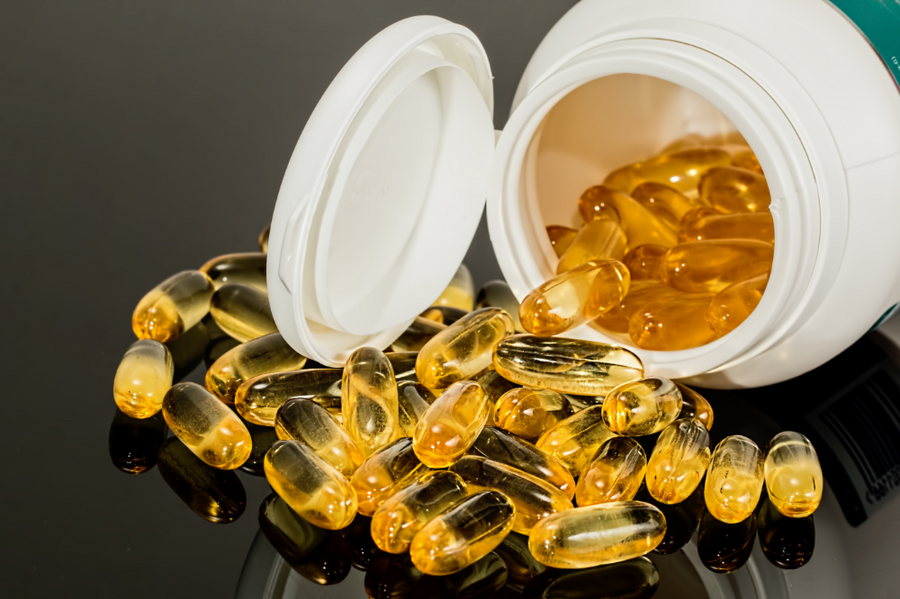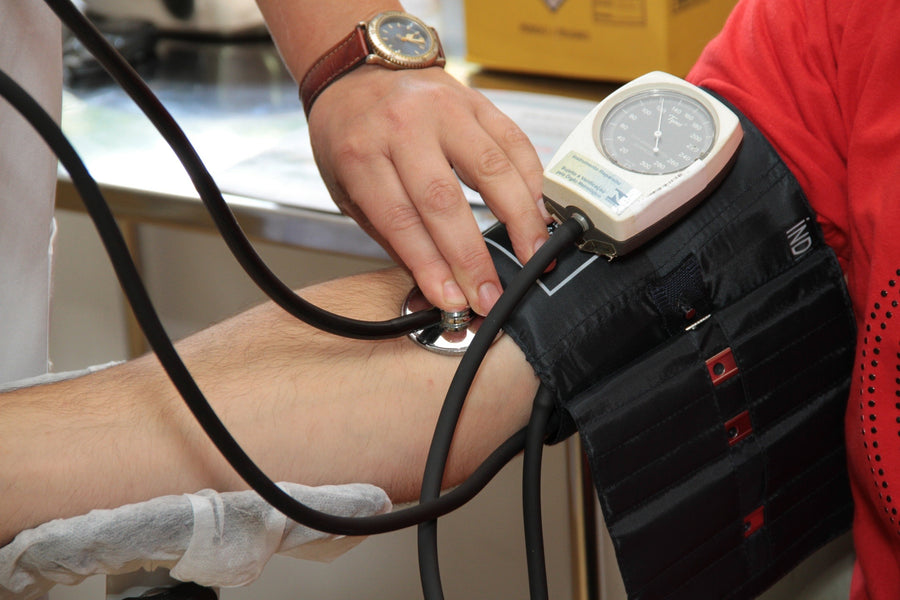
Question: I am a 65 years old male in good health. In your opinion is there an age limit on taking herbals, hormone supplements or amino acids?
Answer: There is no age limit to taking dietary supplements (I have patients in their 90s take them) but the amounts required or tolerated by older individuals are not necessarily the same as that of those in their 20s to 50s. As we age, there are issues with absorption, metabolism, and elimination. It is possible that absorption of certain supplements may not be as good as we age, but on the other hand it may be more difficult to metabolize or eliminate them from the body if high amounts are ingested. There are no easy or quick answers that apply to everyone. Many older people are on multiple medications which makes things even more complicated. There is not enough research to fully understand the interactions between natural supplements and medications prescribed for diabetes, high blood pressure, heart disease, cholesterol reduction, and others. However, I will provide certain guidelines that you can suit to your specific needs.
Multivitamins
I don't see any major issues with multivitamins as long as the amounts of each ingredient is not too far off the RDA (Recommended Dietary Allowance) guidelines. The recommended dosage of calcium in postmenopausal women has been lowered in recent years to less than 1,000 or 800 mg a day. Vitamin D is fine at 400 to 2,000 units a day depending on diet and sun exposure.
Herbs
There are herbs that have little or no noticeable effect on the body, whereas others can speed heart rate and should be used in caution. Most herbs can be tolerated by older individuals as well as the young, for instance curcumin, cinnamon, garlic, basil, echinacea. Herbs that should be used cautiously by older people include green tea extract, ginseng, ginkgo biloba, rhodiola, St. John's wort, and most aphrodisiac herbs such as tongkat ali, tribulus, maca, etc. since they can speed heart rate and cause sleep problems.
Fruit and Berry Extracts
I think these are generally quite safe in the young and the elderly. For instance acai, amla, cranberry, goji, pomegranate, mangosteen, maqui, bilberry, noni, etc. Graviola can be used a few nights a week to help with sleep.
Various Dietary Supplements
I will mention a few where caution is advised and dosages should be kept low. These are acetyl l-carnitine, carnosine, alpha lipoic acid, CoQ10, SAM-e, vinpocetine, CDP-choline, DMAe, TMG and the amino acids tyrosine and phenylalanine. Fish oil, or krill oil, can be used at one to three or four softgels a day. Probiotics are a common supplement used these days and I don't see a reason why age should be a factor in the dosage. Glucosamine and chondroitin used for osteoarthritis can be taken in full amounts.
Hormones
Without a doubt the dosages should be kept very low. This is one area where doctors seem to not recognize how dangerous high amounts can be. For instance the androgens, DHEA and testosterone, can cause heart rhythm problems. For several decades estrogen was prescribed to women in high amounts. It was not until about a decade ago that certain researchers started warning us of the dangers of this hormone. Estrogen, in high amounts, is now a suspected carcinogen since epidemiological evidence associates the hormone to breast, endometrial, and uterine cancers. Melatonin is a hormone but it is much much safer than the others mentioned above. A dose of 0.3 mg to 2 mg a few nights a week appears to be safe and potentially beneficial to health.
I am not able to cover all the supplements that are available over the counter but if you have any specific questions regarding a supplement and whether age should influence its intake feel free to email me.
Note About Suggested Dosage on a Bottle Label
Keep in mind that the suggested dosages on supplement bottle labels are not necessarily written by experts and sometimes they are way too high. If you have never taken the supplement before, and you are over 60, take a portion of the suggested dosage listed on the label -- at least initially to find out if there is any untoward effect.








